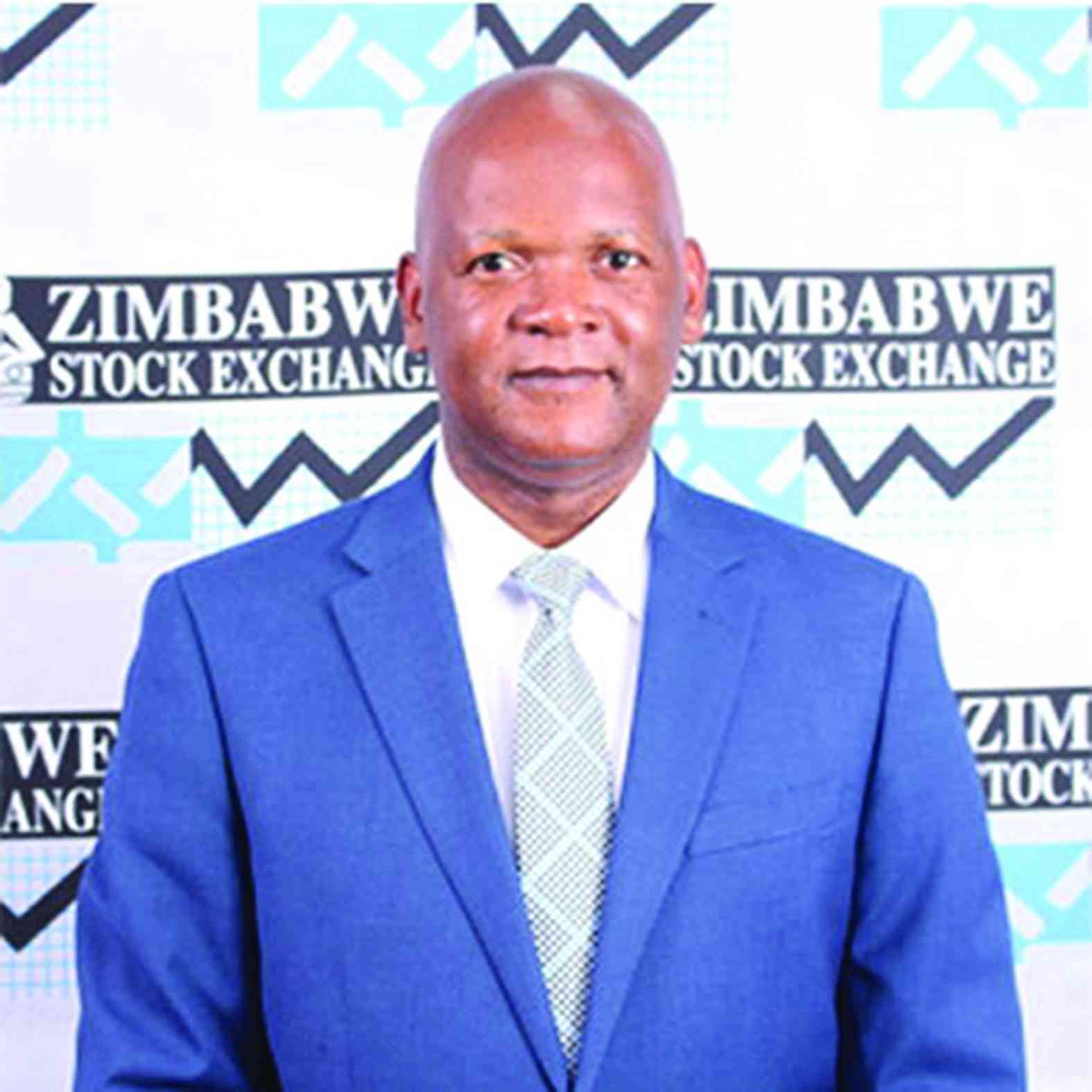
THE Zimbabwe Stock Exchange (ZSE) says daily trades on the bourse have dipped due to tough regulations which effectively restrict the buying and selling of securities.
According to ZSE chief executive officer Justin Bgoni, daily trades have fallen to the current 80 from a peak of 1000 in ###.
“In terms of what we believe has not worked, I think that is something that all of us are worried about. The first one is in terms of restrictive taxes, vesting period and [the] 4% withholding tax,” Bgoni told an inaugural Capital Market Conference in Nyanga this week.
He said the restrictions made the markets unattractive. This is seen in the drop in volumes and value, Bgoni said.
The restrictions came after government accused the bourse for fuelling the rout of the local currency, which led to the suspension of trading in shares belonging to Old Mutual, SeedCo and PPC.
In 2022, government introduced a 4% withholding tax on securities sold within 270 days from the date of purchase. Securities sold after 270 days attract a withholding tax of 1,5%.
This adds to the existing plethora of taxes, making ZSE unattractive to investors.
An investor on ZSE should be able to buy and sell securities as and when they deem fit just like in other jurisdictions.
- Inaugural Zim investor indaba highlights
- Stop clinging to decaying state firms
- ZB explores options to tackle inflation
- Zim operations drive FMB Capital
Keep Reading
The drop in daily trades have made the bourse illiquid which is a bad sign, Bgoni said.
“Liquidity is very important to your market. It does a lot of things. It helps in terms of valuation, so it is difficult to have a good valuation of your equities if your liquidity is low. And also what it does is that it makes it unattractive for people to come in,” he said.
The more trading on the bourse, the merrier for ZSE, the capital markets regulator, stockbrokers and government due to an improved tax base.
There is need for incentives on ZSE to allow more listings the same way incentives have been availed on the Victoria Falls Stock Exchange (VFEX).
While VFEX operates in an international financial services centre designed to attract foreign investors, there is no harm in extending the same incentives to the local currency bourse which has suffered delistings as firms trek to the foreign currency-only exchange.
Issuers that have migrated to VFEX say they are lured by the lower trading costs of 2,12% compared to 4,63% prevailing on the ZSE. Foreign shareholders have a 5% withholding tax on dividends compared to a withholding tax of 10% for non-resident shareholders on the ZSE.
There is no way the ZSE will attract more investors while it is afflicted by the absence of incentives and regressive taxes.
The recently launched Capital Markets Association has its work cut out to make the local currency bourse attractive to investors.
In its quest to attract foreign investors, the government must not forget the local ones who stuck to the bourse when foreign investors gave Zimbabwe a wide berth at the turn of the millennium.
They are the proverbial goose that lays the golden egg.






